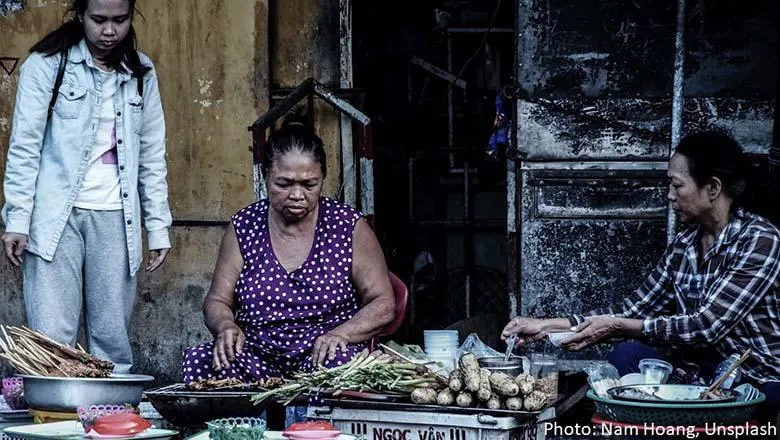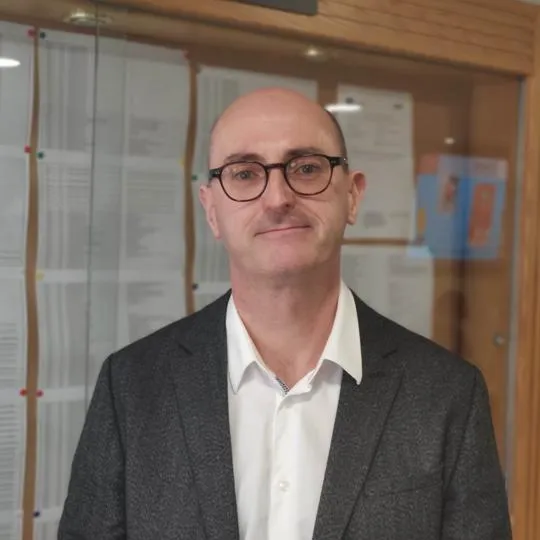We were surprised at the sheer scale of the potential poverty tsunami that could follow COVID-19 in developing countries.
Professor Andy Sumner
09 April 2020
Half a billion people in developing countries could be pushed into poverty by COVID-19
King’s academics warn of ‘potential poverty tsunami’ as decades of economic improvements are set to be reversed.

Falling incomes as a result of the COVID-19 pandemic could lead to an extra half a billion people being pushed into poverty, King’s academics warn.
This could set back the fight against global poverty by a decade and in some regions, such as sub-Saharan Africa, the Middle East and North Africa, to levels not seen since 1990.
The analysis was carried out by Andy Sumner, Professor of International Development, Eduardo Ortiz-Juarez, of King’s Department of International Development, and Chris Hoy from the Australian National University. They looked at different scenarios to establish the effects of the pandemic as governments try to manage the spread of the virus.
They found that if mean consumption or income per capita fell by five percent it could lead to an extra 80 to 140 million people falling in monetary poverty. A 10 percent drop could push 180 to 280 million people into the same situation and in the worst-case scenario, of a 20 percent contraction, a further 420 to 580 million people could find themselves living in poverty.
The findings were published by the United Nations University World Institute for Development Economics Research (UNU-WIDER).
Professor Sumner, who is also a Senior Non-Resident Research Fellow at UNU-WIDER, said: “Our findings point towards the importance of a dramatic expansion of social safety nets in developing countries as soon as possible and – more broadly – much greater attention to the impact of COVID in developing countries and what the international community can do to help.”
The need of the hour is to bring together development agencies, national governments, civil society and the private sector in a global effort to protect the livelihoods and lives of the poorest of the poor in the Global South.
Kunal Sen, Director of UNU-WIDER
The findings have also been cited by Oxfam International in a call to world leaders ahead of upcoming key meetings of the World Bank and International Monetary Fund (IMF) and G20 Finance Ministers.
Oxfam is calling on them to give developing countries an immediate cash injection to help bail out poor and vulnerable communities. It also wants them to cancel all developing country debt payments for 2020, encourage other creditors to do the same and issue at least US$1 trillion of Special Drawing Rights.
The devastating economic fallout of the pandemic is being felt across the globe. But for poor people in poor countries who are already struggling to survive, there are almost no safety nets to stop them falling into poverty.
Jose Maria Vera, Oxfam International Interim Executive Director
Oxfam is also warning that women are on the front line of the COVID-19 response and are likely to be hardest hit financially. Women make up 70 percent of health workers globally and provide 75 percent of unpaid care, looking after children, the sick and the elderly. Women are also more likely to be employed in poorly paid precarious jobs that are most at risk.
You can read more in this blog published by UNU-WIDER.



